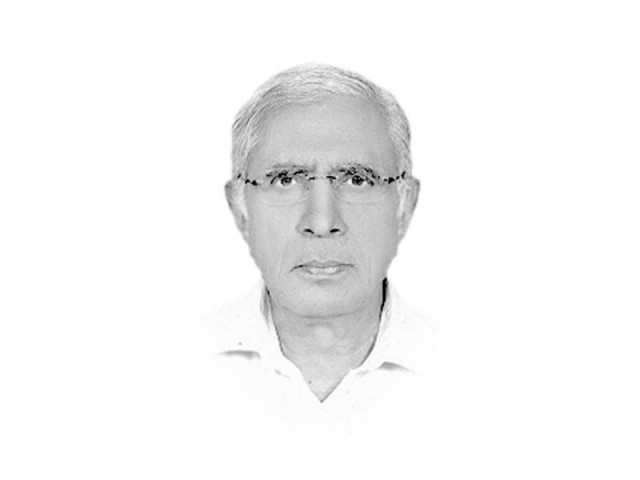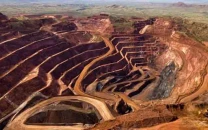Windfall relief
It's time our economic managers plan for all-inclusive development in which rich don't become richer, the poor, poorer

Meanwhile, oil-importing countries like Pakistan seem to be enjoying what can only be described as windfall relief. We are likely to save at least about $2-$3 billion on the oil import bill during the current fiscal year. Cheaper oil would mean more economical power production, which would eventually have a positive impact on domestic and industrial electricity bills and considerably reduce the government’s subsidy bill. In addition, the country’s current account deficit would narrow down considerably, its balance-of-payments position is bound to improve significantly, reduce the fiscal deficit, slow down inflation and hopefully stabilise the exchange rate. The circular debt, too, would decline. Industrial and agricultural produce would also cost less and thus make exportable surpluses more competitive in world markets. However, a lower oil import bill will fetch lower sales tax and customs duties, neutralising to an extent the lowering of the fiscal deficit as a result of reduction in subsidies.
But this windfall relief could be too short-lived for our good. The last budget of the Musharraf regime (2007-08) was drafted when the world crude oil prices were hovering around the $60 a barrel mark. But suddenly, by the second quarter, these prices had jumped to $120 and by the time the 2008-09 budget was being prepared, they had reached $140 per barrel mark. We, therefore, need to handle the current situation with a degree of caution. No doubt there is a lot of political pressure on the government currently and it might panic and decide to use the windfall relief to announce reduction in prices across the board. But that would be a great economic folly. The temptation to go the easy way should be resisted and the fiscal space being made available by the oil price decline should be used instead to bring about structural changes in the economy so as to reduce its dependence on dole. At least for the next two years, let us assume that the oil import bill has remained pegged to last year’s amount and use the windfall relief not to provide immediate cash relief to the masses, but to expand power production capacities, using abundantly available sources like water, coal, sun and wind. At the same time, strictly enforce tax laws to make big business and the feudal aristocracy pay their dues to the government, no matter what the sources of their incomes and use these revenues to expand education and health facilities for the poor and the indigent. It is time that our economic managers plan for all-inclusive development in which the rich do not become richer and the poor, poorer and the fruits of development are distributed among the population equitably.
Published in The Express Tribune, December 17th, 2014.
Like Opinion & Editorial on Facebook, follow @ETOpEd on Twitter to receive all updates on all our daily pieces.



















COMMENTS
Comments are moderated and generally will be posted if they are on-topic and not abusive.
For more information, please see our Comments FAQ